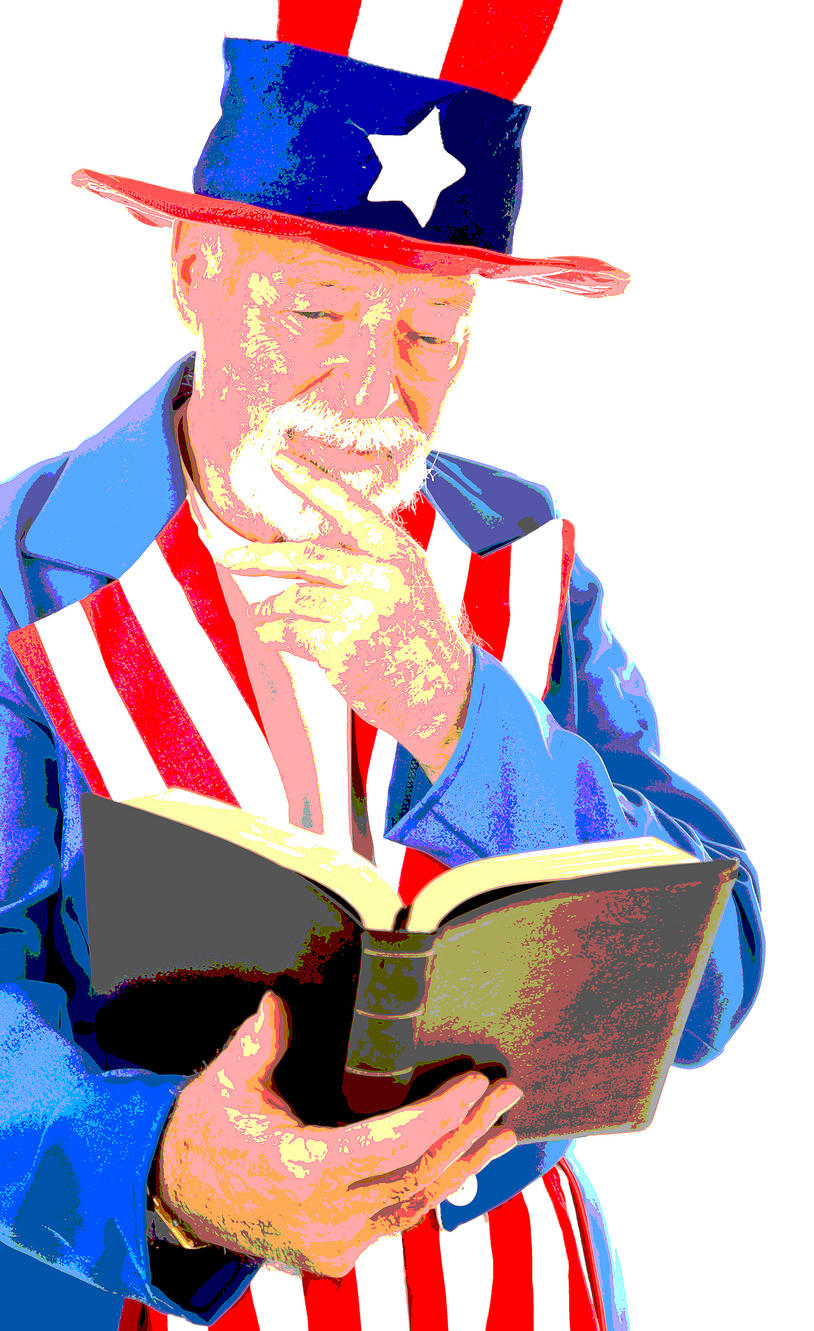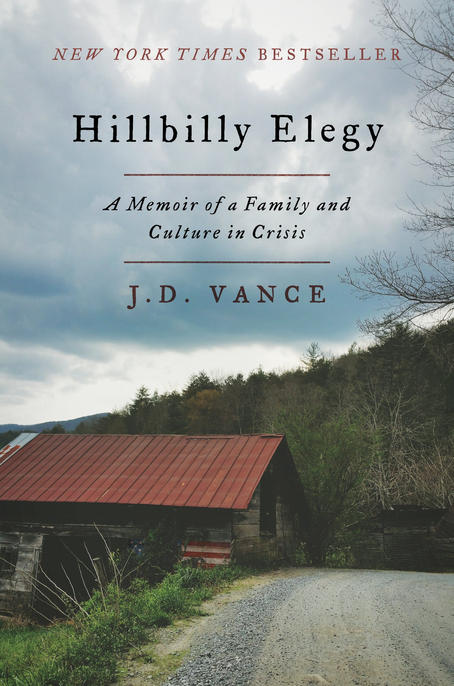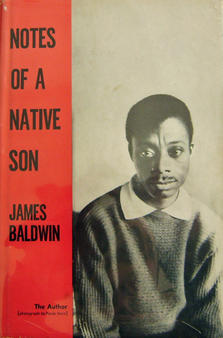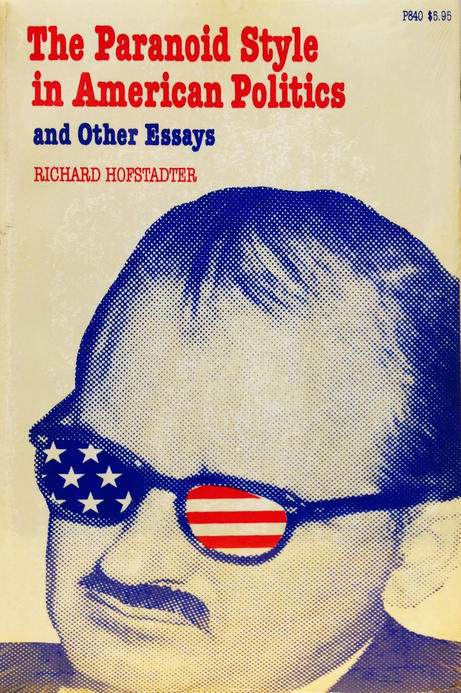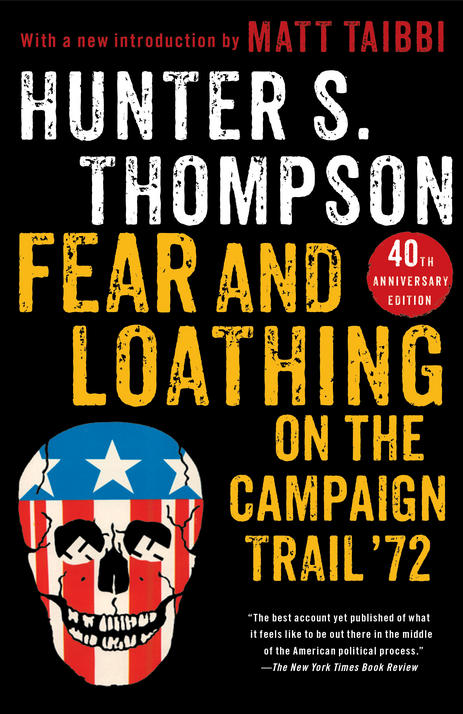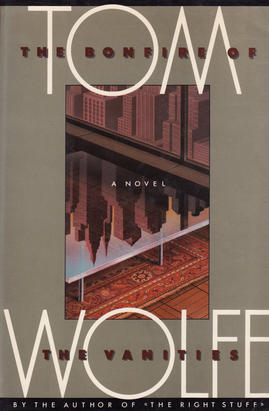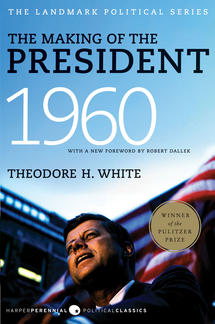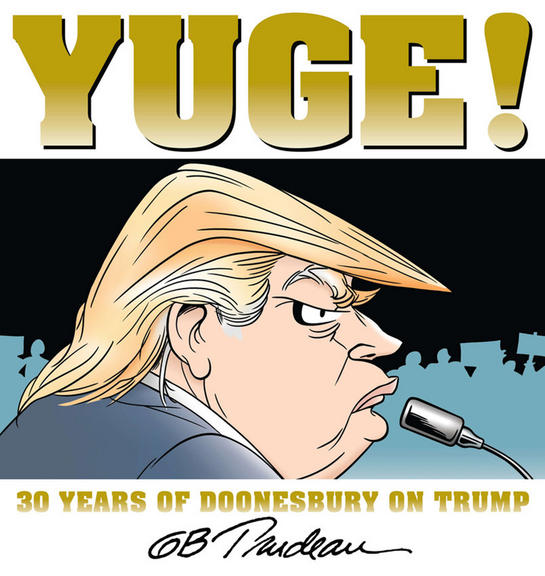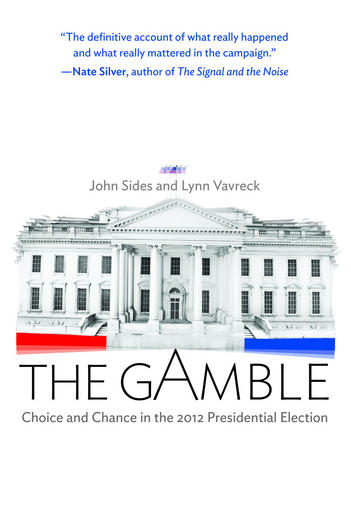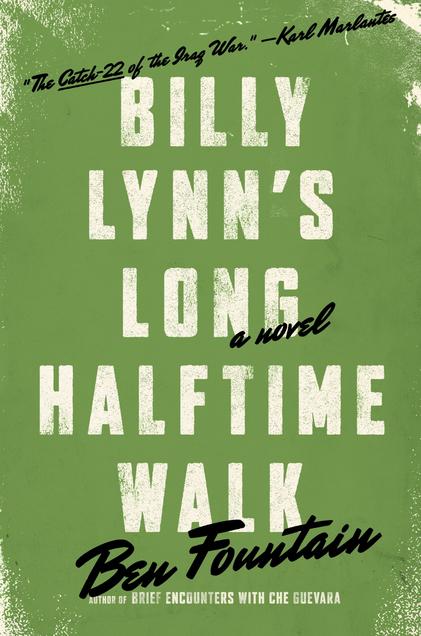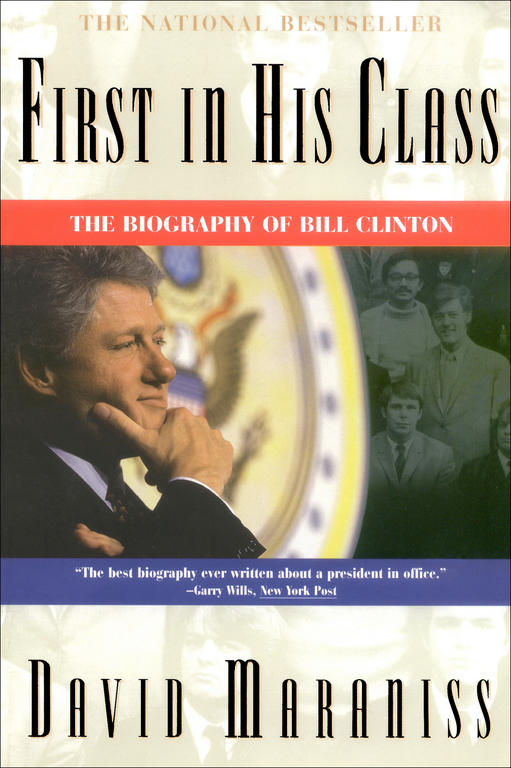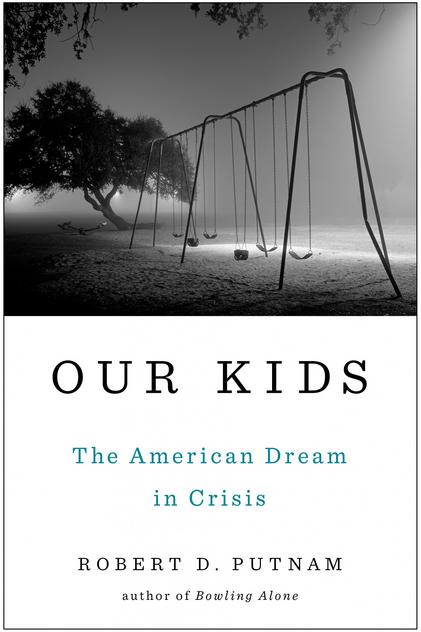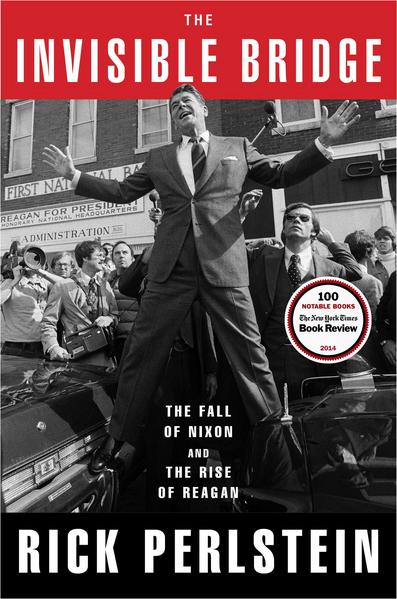This election year the only thing we all have in common on both sides of the political divide is that everyone is shaking his or her head. Unwanted sexual advances and unsecured e-mail servers, business bankruptcies and bungles in Benghazi, questions about fitness to serve and physical fitness. And all this in a nation already riven by yawning economic inequality, explosive racial violence, and seething cultural discord. Which way is up? With the final decision less than two weeks away, we turned to various writers, journalists, and historians for suggestions of books that may shed light on how we got here and what may await in the next four years. PAUL MAKISHIMA
DOUGLAS BRINKLEY
Professor of history at Rice University
“The Age of Reform’’ by Richard Hofstadter
This pioneering analysis of the populist movement in the 1890s and the progressive movement in the early-20th century will help voters realize that for all the weirdness of Trump vs. Clinton this election is really part of a long-running show.
“Fear and Loathing on the Campaign Trail ’72’’ by Hunter S. Thompson
Only Gonzo wizardry like Thompson’s enduring classic about the Nixon-McGovern showdown in 1972 can get at the taproot of all that’s rotten and vile in the far-too-long American presidential election sweepstakes.
“Walden’’by Henry David Thoreau
With so much gasbag noise swirling about America in 2016, Thoreau’s call for solitude and contemplation are curatives against our information-age dysfunction.
“Dignity’’ by Bob Dylan
Alright . . . it’s a song not a book, but Dylan’s brilliant lyric about the loss of civility in modern times makes one pine for a more enlightened public discourse of pressing policy issues.
JILL ABRAMSON
Senior lecturer at Harvard, political columnist for The Guardian, and former executive editor of The New York Times
“The Paranoid Style in American Politics’’ by Richard Hofstadter.
Though written as a lecture the great historian delivered in 1963, this piece explains everything you need to know about the rise of Donald Trump and where he fits in American history. I assigned it as the first reading in my Journalism and Politics course at Harvard.
“First in His Class: The Biography of Bill Clinton’’ by David Maraniss
Gives the best early history of Bill and Hillary Clinton, a relationship that is unique in American politics.
“Living History’’ by Hillary Rodham Clinton In her own words you learn about her lifelong belief that she’s been on a purposeful mission.
DAVID GERGEN
Professor of public service and co-director at the Harvard Kennedy School’s Center for Public Leadership, CNN senior political analyst, and former White House adviser to four presidents.
“Coming Apart: The State of White America, 1960-2010’’ by Charles Murray and “Our Kids: The American Dream in Crisis’’ by Robert Putnam
This pair of books, Murray from the right and Putnam from the left, provide the best scholarly account of the plight of the white working class, invaluable in understanding the rise of Trump.
The End of Power: From Boardrooms to Battlefields and Churches to States, Why Being in Charge Isn’t What It Used to Beby Moises Naim
Naim makes a persuasive case about the decaying authority of leaders across all sectors. Power, he argues, is easier to get but harder to exercise and easier to lose. For those trying to understand why politicians are losing their way, this book is extremely insightful.
It’s Even Worse Than It Looks: How the American Constitutional System Collided With the New Politics of Extremism by Thomas Mann and Norman Ornstein Well before the rise of Trump, Mann and Ornstein saw the rise of extremism in American politics and warned us of its destructive effect. Unfortunately, Washington is even more broken today than when they wrote four years ago.
JILL LEPORE
Kemper professor of American history at Harvard University and New Yorker staff writer
“The Revolt of the Elites and the Betrayal of Democracy’’ by Christopher Lasch
Lasch predicted a democratic crisis resulting from the fact that “elites speak only to themselves’’ partly because of “the absence of institutions that promote general conversations across class lines.’’
“Inventing the People: The Rise of Popular Sovereignty in England and America’’ by Edmund Morgan
This book explains the historical process by which the fiction of the divine right of kings was replaced by the fiction that the people are sovereign, which, as he so nicely puts it, is our fiction, “and it accordingly seems less fictional to us.’’
“The Pollsters: Public Opinion, Politics, and Democratic Leadership’’ by Lindsay Rodgers
A searing and powerful polemic against the insidious effect of public opinion polling on American democracy by one of the most brilliant, and witty, political scientists of the 20th century.
DAVID M. SHRIBMAN
Executive editor of the Pittsburgh Post-Gazette and former Globe Washington bureau chief
“The Invisible Bridge: The Fall of Nixon and the Rise of Reagan’’ by Rick Perlstein
Part of the author’s series on the role of conservatism in American life, but in tracing American politics from Richard Nixon to Ronald Reagan, Perlstein reminds us that the preoccupations of the moment often give way to broader trends in history. In these pages he speaks of what he calls “America’s season of melancholy,’’ and in another season of American melancholy we see that crises are always with us — and that most of the time they are handled, not necessarily deftly but usually adequately enough.
“Landslide: LBJ and Ronald Reagan at the Dawn of a New America’’ by Jonathan Darman
An imaginative and thoughtful examination of the period between the John F. Kennedy assassination and the election of Ronald Reagan as governor of California — and its value today is its implicit argument that the seeds of an unknowable future are often sown long before they sprout.
“Two Americans: Truman, Eisenhower, and a Dangerous World’’ by William Lee Miller
The Miller thesis is that Harry S. Truman and Dwight D. Eisenhower, different in party and perspective, were reared in the same age amid many of the same circumstances. It is a powerful book on its own, and all the more powerful when you realize that Hillary Rodham Clinton and Donald J. Trump were born within 16 months of each other in powerful urban centers, have Ivy League educations, and have been in the public limelight for more than a quarter-century. Could it possibly be that they have more in common with each other than with most of the people they are hoping to lead?
THRITY UMRIGAR
Author of a memoir and six novels, including “The Story Hour’’ and “The Space Between Us’’
“Billy Lynn’s Long Halftime Walk’’ by Ben Fountain
A novel that brilliantly describes today’s America — the shallowness of celebrity culture, the obsessive distraction of football, the pleasure that powerful men get from cheering for a war in which they will never fight — told from the point of view of a grunt serving in Iraq.
“Beloved’’ by Toni Morrison
No other novel has captured the horrifying brutality of slavery quite as lyrically and righteously as this novel. If you want to understand the “origins story’’ of black life in America or why America’s “original sin’’ still bedevils us, this novel is for you.
“Bastard Out of Carolina’’ by Dorothy Allison
Set in rural South Carolina, Allison’s debut novel describes a “white trash’’ family plagued with violence, child abuse, and alcoholism, but she portrays her characters with love and compassion.
“The Waste Land’’ by T.S. Eliot
How to get through this election without turning to Eliot’s masterpiece, which reads as if it was written for our time? (“There is not even solitude in the mountains/But red sullen faces sneer and snarl/From doors of mud-cracked houses’’)
“Angels in America’’ by Tony Kushner
First staged in 1991 during the AIDS epidemic, Kushner’s play, an acerbic, witty exploration of power, is at times deeply pessimistic but also exemplifies his belief that “hope is a moral obligation.’’
JAMES ROSEN
Chief Washington correspondent for Fox News
“JFK and LBJ: The Influence of Personality Upon Politics’’ by Tom Wicker
Wicker’s 1968 mix of reporting and political science, a classic reissued in paperback over the years, offers timely lessons for leaders in both parties today, who have been forced to watch as the deeply flawed personalities of their respective nominees, laid bare with each new revelation, have swayed the polls back and forth in the current election cycle.
“The Bonfire of the Vanities’’ by Tom Wolfe
Donald Trump was, of course, a fixture of Wall Street and New York society in the go-go 1980s, but the Clintons are likewise no strangers to the corrupting influence of money, lust, and status craving. All this — and more — was brilliantly captured in this landmark 1987 novel, the first by Wolfe, peerless master of reporting-driven realism in modern fiction.
“Scales on War: The Future of America’s Military at Risk’’ by Bob Scales
In this short, eminently readable, and deeply affecting blend of military analysis and memoir, Robert Scales, retired US Army general, artillery commander in Vietnam, and distinguished military historian, identifies the major trends shaping modern American warfare, the dynamics in American politics that are constraining our nation’s influence abroad, and the practical solutions that can turn things around.
ROBERT PINSKY
Boston University professor of English and creative writing and former US poet laureate
“Democracy in America’’ by Alexis de Tocqueville
“Their vanity is not only greedy, but restless and jealous . . . ready to beg and to quarrel at the same time.’’
“The Collected Poems of W.B. Yeats’’ by William Butler Yeats
“The best lack all conviction, while the worst/ Are full of a passionate intensity’’ (“The Second Coming’’) and also, “We had fed the heart on fantasies,/ The heart’s grown brutal from the fare’’ (“Meditations in Time of Civil War.’’)
“Notes of a Native Son’’ by James Baldwin
“ . . . the interracial drama acted out on the American continent has not only created a new black man, it has created a new white man, too.’’
ERIC FEHRNSTROM
Republican political analyst and media strategist and former senior adviser to Governor Mitt Romney
“Hillbilly Elegy: A Memoir of a Family and Culture in Crisis’’ by J.D. Vance
If you want to understand Trump’s rise, this book is not only timely but about as good a look at the social breakdowns afflicting the white middle class as you can find.
“Adams vs. Jefferson: The Tumultuous Election of 1800’’ by John Ferling
People like to think we’ve reached a nadir in our politics, but that’s only because they have short memories. Nothing compares to the gutterball tactics that were employed by America’s founders.
“The Gamble: Choice and Chance in the 2012 Presidential Election’’ by John Sides and Lynn Vavreck
A good look at how presidential elections are not about political gaffes, or who has the best advertising and ground game. Instead, it usually comes down to one big thing — in the case of 2012, the economy.
JAMES M. PERRY
Retired chief political writer for The Wall Street Journal
“Conservatism in America’’ by Clinton Rossiter
From a Cornell University political scientist, an early look at the conservative movement by someone who almost always made lots of sense.
“The Making of the President 1960’’ by Theodore H. White
A book that introduced a detail-driven coverage of presidential elections much admired by scores of journalists today.
“Yuge!: 30 Years of Doonesbury on Trump’’ by G.B. Trudeau
Just wonderful.


